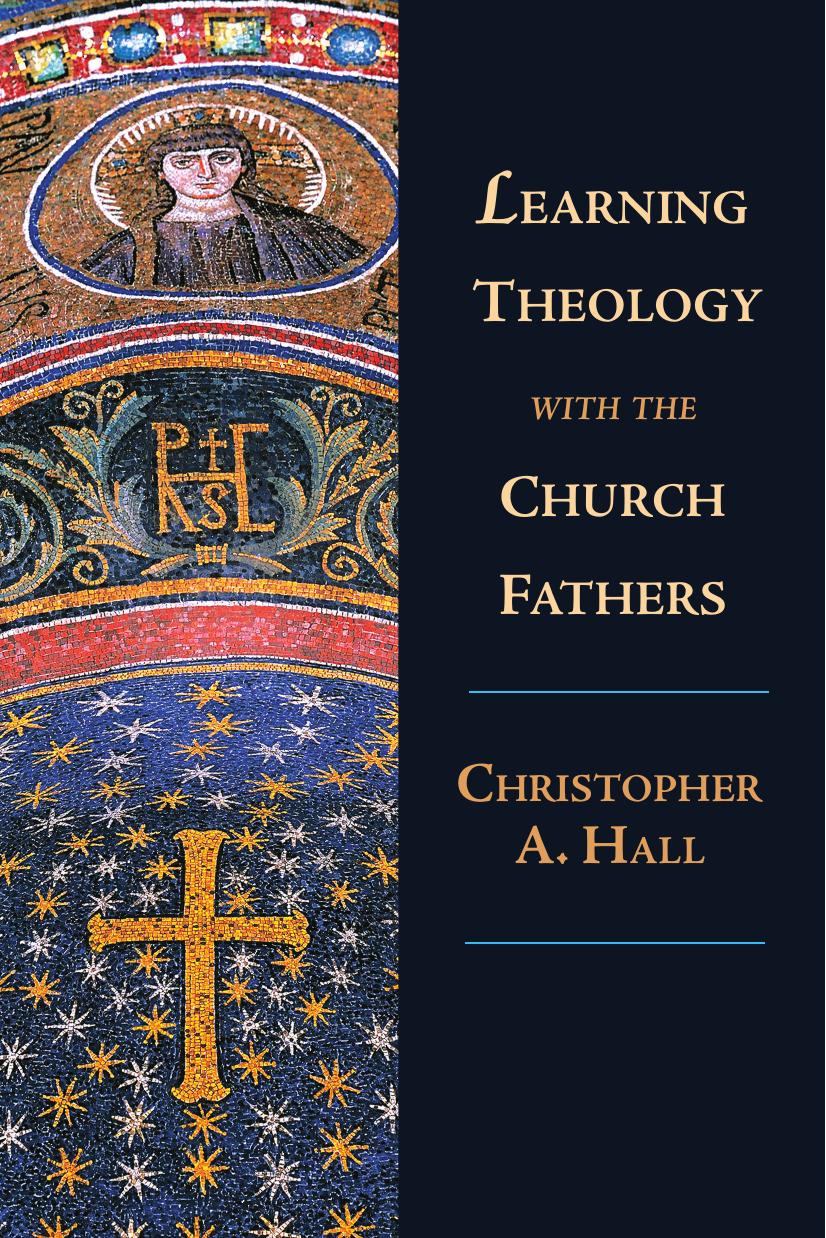Learning Theology with the Church Fathers by Christopher A. Hall

Author:Christopher A. Hall [Hall, Christopher A.]
Language: eng
Format: epub, pdf
Publisher: InterVarsity Press
Published: 2009-08-19T16:00:00+00:00
Christian Disposition and Divine Providence
In On Providence, a work composed during a painful exile at the end of his life, Chrysostom pondered the mysteries of Godâs providence. He often found his thoughts drifting to the great patriarch of Israel, Abraham. What could have been more inexplicable and horrific than Godâs command to Abraham to sacrifice his son Isaac, the very child of the promise? What, Chrysostom asked himself, enabled Abraham to respond in obedience to Godâs incomprehensible command? Abrahamâs disposition, cultivated and trained over the years, enabled him to willingly obey Godâs strange and dark command. Abrahamâs receptive and responsive disposition became a central focus in Chrysostomâs own understanding of providence and how human beings are to respond to Godâs ordering of their lives.
In chapter ten of On Providence Chrysostom portrays the scene as God calls to Abraham to prevent the sacrifice of Isaac: âFor the voice did not simply call âAbraham,â but âAbraham, Abraham,â through the repetition of his name restraining and arresting his intention that was focused solely on the command, so complete was his absorption on the command.â4
Chrysostomâs point is that Abrahamâs intention, his proairesis, was entirely concentrated on obeying Godâs command. Although Godâs command appeared to be diametrically opposed to the promise God had already made to Abraham and to Godâs character as loving and compassionate, Abraham was still prepared to obey. Why? âHe didnât meddle in Godâs affairs.â5
Abrahamâs ability to respond in obedience to Godâs seemingly nonsensical command did not arise in a vacuum. In fact, much of what Chrysostom says in On Providence concerns his understanding of how God works in human beings to produce Abrahamâs obedient response. A number of significant themes intertwine in Chrysostomâs explanation of Abrahamâs willingness to sacrifice Isaac. Chief among them is Chrysostomâs understanding of human disposition and how disposition inclines the human will toward good or evil. The larger question of human evil is, of course, intimately related to the choice facing Abraham. Will he obey God, or will evil evidence itself in a perverted or disobedient choice or proairesis?
Proairesis is an extremely rich word with an interesting constellation of meanings and nuances. Its first definition refers to the human faculty of free choice. In addition, it refers to human intention, motive and disposition.6 Chrysostom consistently denies that human evil is the result of Godâs action. Nor is its source to be found in the nature of created matter or the human body. Creation itself is good, as the writer of Genesis clearly declares. The beauty and utility of creation demonstrate this inherent, created goodness. Evil erupts, as it might in Abrahamâs response to Godâs command, as human disposition and choice combine to violate Godâs desire.
Church fathers contend that disposition and choice (proairesis) are in themselves gifts from God, key properties and privileges of human nature. The problem, as Chrysostom presents matters, is that human disposition and choice are corrupted by sin. Chrysostom, however, like most Eastern fathers, does not see this corruption as completely debilitating human freedom.
Download
Learning Theology with the Church Fathers by Christopher A. Hall.pdf
This site does not store any files on its server. We only index and link to content provided by other sites. Please contact the content providers to delete copyright contents if any and email us, we'll remove relevant links or contents immediately.
Christian Ethics by Wilkens Steve;(860)
Christian Ethics for a Digital Society by Kate Ott(779)
Fearfully and Wonderfully Made by Philip Yancey & Paul Brand(771)
God and the Multiverse by Victor J. Stenger(677)
Numbers by Ronald B. Allen(640)
How to Read Slowly by James W. Sire(617)
Christian Ethics: An Introduction to Biblical Moral Reasoning by Wayne Grudem(598)
The City of God by Saint Augustine & Marcus Dods(591)
Morality by Jonathan Sacks(569)
Monastic Archaeology by Unknown(568)
The Technological System by Jacques Ellul(551)
Amish Grace by Donald B. Kraybill & Nolt Steven M. & Weaver-Zercher David L(536)
Death of the Doctor by Unknown(528)
The Disabled Church by Rebecca F. Spurrier;(523)
Jesus: A New Vision by Whitley Strieber(522)
Children of Lucifer; The Origins of Modern Religious Satanism by Ruben van Luijk(513)
Critical Writings by Joyce James;(503)
Redeeming Sociology by Vern S. Poythress(488)
The Church in the Early Middle Ages by G.R. Evans(478)
